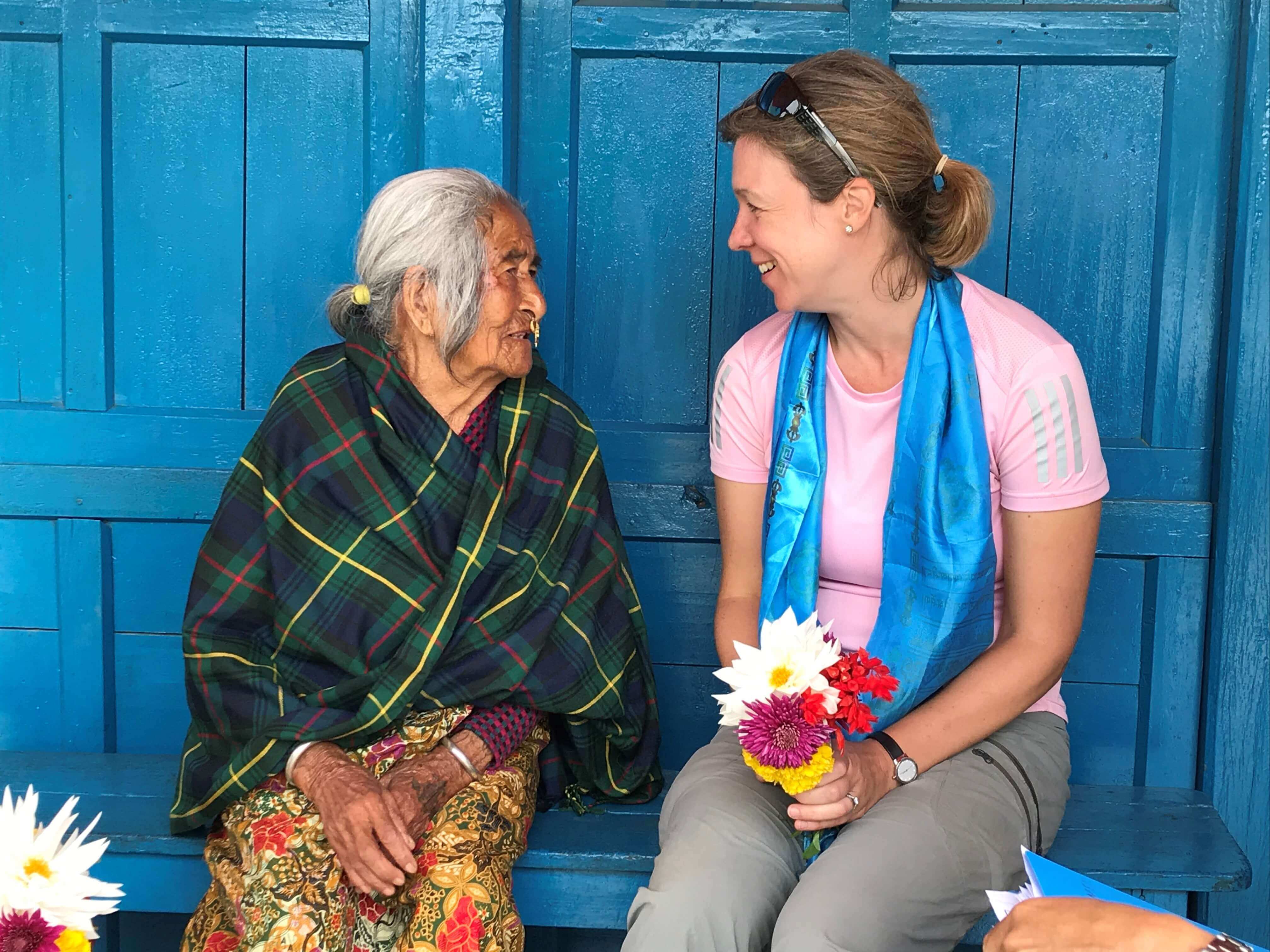Her Excellencies
In many parts of the world, women ambassadors can face prejudice that their male counterparts do not. Women diplomats, especially those with young children, are not expected to occupy senior positions. But female envoys to Nepal take this in stride, and appreciate the importance of their presence in challenging those assumptions.
Read also: When garlands are offered to male colleagues, and not to the woman ambassador, Nepali Times
“It is interesting to have a conversation with people before they form an opinion about me based on my role,” says British envoy Nicola Pollitt, who often introduces herself by name and does not mention her ambassadorial title. “But it’s difficult to go for long without someone asking directly what I do and they are often surprised when I tell them – particularly if I am with my two young children at the time.”

Out of 27 ambassadors currently resident in Kathmandu, seven are women: the envoys of Bangladesh, Brazil, China, the European Union, Sri Lanka, Switzerland, and the United Kingdom. The UN resident coordinator is also a woman.
Read also: Their lady excellencies, Ayesha Shakya
The first woman ambassador to Nepal was American diplomat Carol C Laise, who held the position for seven years from 1966 to 1973, while her husband Ellsworth Bunker was the US ambassador to South Vietnam. Laise was the only female ambassador in Nepal at that time.
“I’ve experienced only positive reactions, very warm and welcoming. Nepali women are very happy to see women ambassadors and are encouraged by it,” Swiss envoy to Nepal Elisabeth von Capeller told Nepali Times. “For many, women ambassadors are role models.”

Pollitt is the first female British ambassador to Nepal, and adds that in many countries it is easier to accept women from outside the country in positions of power than to break down the barriers to empowering women at home.
She says: “Nepal is an open society and I have been welcomed here without prejudice. Many Nepalis are hopeful that as countries like the UK and others appoint female ambassadors in public-facing roles it will help promote the appointment of women in other spheres and professions. I have been pleased to find that many men are also delighted to see my appointment, and more and more are looking for ways to support and promote Nepali women.”
On the occasion of International Women's Day, Pollitt is launching a competition for young women where the winner will have a chance to be a youth ambassador for a day.
In her second term as the Swiss ambassador, von Capeller has seen significant changes in the status of Nepali women. She says: “The biggest and most positive change I see is in the younger women. Compared with the past, their self-confidence has increased substantially. Among many factors, education has certainly contributed to it.”
There is a greater gender disparity in politics and diplomatic services than in other professional fields. According to the 2019 report ‘Women in Politics’ by the Inter-Parliamentary Union (IPU) and UN Women, only nine countries have half or more ministerial positions occupied by women, and in only three countries are 50% or more parliamentarians women.
Nepal ranked 36th in the world in percentage of women in parliament and a low 123rd in terms of women in ministerial positions. As for women in the foreign service, there has been a slow but significant increase. Three of the Government of Nepal’s current ambassadors are women: those to Oman, Japan and Israel.

For International Women’s Day on Sunday, British envoy Nicola Pollitt has a hope: “I wish women all over Nepal the courage, strength and determination to take opportunities and fulfil your potential. Without your active participation, Nepal will not fulfil its potential.”
Read also: Power to women, Bineeta Gurung




